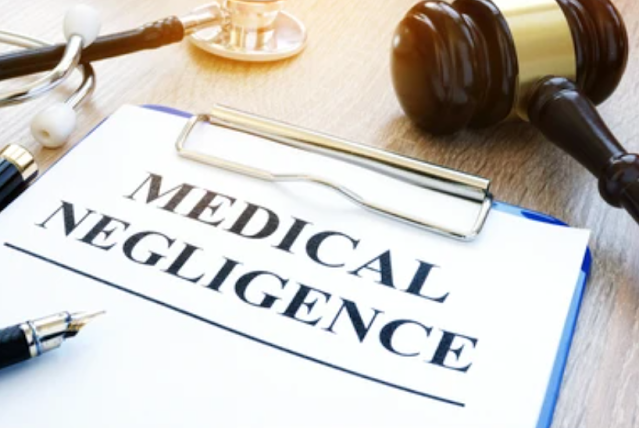Understanding Medical Negligence: A Comprehensive Guide
Understanding Medical Negligence: A Comprehensive Guide
Introduction:
Medical negligence is a legal concept that arises when a healthcare professional fails to provide the standard of care expected in their profession, resulting in harm or injury to a patient. This comprehensive guide aims to provide a detailed understanding of medical negligence, including its definition, elements, examples, legal considerations, and the rights of patients.
Definition of Medical Negligence:
Medical negligence, also known as medical malpractice, refers to the failure of a healthcare professional to meet the accepted standard of care, leading to harm or injury to a patient. The standard of care is determined by the level of expertise and competence that a reasonably skilled healthcare professional in the same field would provide.
Elements of Medical Negligence:
To establish a medical negligence claim, certain elements need to be present:
- a. Duty of Care: The healthcare professional must owe a duty of care to the patient, implying a professional-client relationship.
- b. Breach of Duty: The healthcare professional must have breached their duty by failing to meet the standard of care.
- c. Causation: The breach of duty must be the direct cause of the patient's harm or injury.
- d. Damages: The patient must have suffered physical, emotional, or financial damages as a result of the negligence.
Examples of Medical Negligence:
Medical negligence can occur in various healthcare settings and can involve different types of errors or omissions, including:
- a. Misdiagnosis or delayed diagnosis
- b. Surgical errors, such as wrong-site surgery or surgical instrument left behind
- c. Medication errors, including wrong dosage or administering the wrong medication
- d. Anesthesia errors, leading to complications or adverse reactions
- e. Birth injuries caused by medical negligence during pregnancy, labor, or delivery
- f. Failure to provide appropriate post-operative care
- g. Inadequate supervision or monitoring of patients
- h. Failure to obtain informed consent from the patient
Legal Considerations:
Bringing a medical negligence claim involves several legal considerations:
- a. Statute of Limitations: There is a time limit within which a patient can file a medical negligence claim, varying by jurisdiction. It's important to be aware of and comply with these time limits.
- b. Burden of Proof: The burden of proving medical negligence lies with the patient, requiring sufficient evidence to establish the elements of negligence.
- c. Expert Witnesses: Expert medical witnesses are often necessary to provide opinions and testify regarding the standard of care and breach of duty.
- d. Settlements and Trials: Medical negligence claims can be resolved through negotiated settlements or pursued through a trial, depending on the circumstances and parties involved.
Rights of Patients:
Patients have rights when it comes to medical care, and understanding these rights is crucial:
- a. Right to Informed Consent: Patients have the right to be fully informed about the risks, benefits, and alternatives of proposed treatments or procedures.
- b. Right to Privacy: Patients' medical information must be kept confidential and protected under privacy laws.
- c. Right to Quality Care: Patients have the right to receive appropriate and competent medical care.
- d. Right to Seek Compensation: Patients who have suffered harm due to medical negligence have the right to seek compensation for their damages, including medical expenses, lost wages, and pain and suffering.
Conclusion:
Understanding medical negligence is essential for both healthcare professionals and patients. By recognizing the elements of negligence, being aware of common examples, and understanding the legal considerations, patients can protect their rights and take appropriate action when faced with medical negligence. Healthcare professionals can strive to maintain a high standard of care, reducing the occurrence of medical negligence cases and ensuring patient safety.















No comments